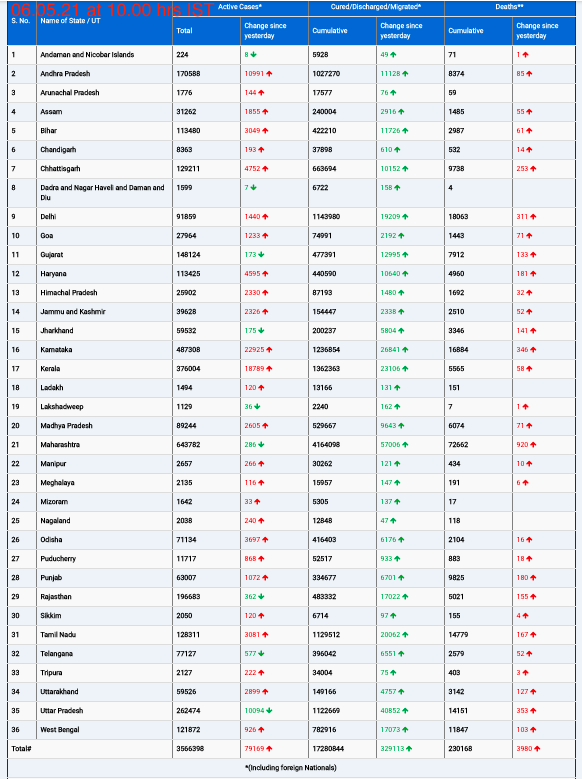Scientists at the University of California, Riverside (UCR) have achieved a groundbreaking milestone in vaccine development with the demonstration of a new RNA-based vaccine strategy. This innovative approach holds the potential to combat any strain of a virus effectively, offering a safe solution suitable even for babies or individuals with compromised immune systems.
The conventional approach to vaccine development involves predicting prevalent virus strains and formulating updated vaccines annually. However, this new strategy eliminates the need for multiple vaccine formulations by targeting a common region of the viral genome shared by all strains of a virus. The breakthrough vaccine, its mechanism, and promising results from mouse trials are detailed in a paper published in the Proceedings of the National Academy of Sciences.
“This vaccine strategy is incredibly broad in its applicability, effectiveness against viral variants, and safety across diverse populations,” emphasized Rong Hai, a virologist at UCR and co-author of the study. “It represents a potential universal vaccine solution that we’ve been striving for.”
Traditional vaccines typically contain weakened or dead virus particles, triggering an immune response characterized by the production of T-cells and memory B-cells. In contrast, the new vaccine leverages small interfering RNA molecules instead of relying on traditional immune responses, making it suitable for vulnerable populations such as infants and immunocompromised individuals.
Explaining the mechanism, lead paper author Shouwei Ding, a distinguished professor of microbiology at UCR, highlighted the role of small interfering RNA molecules produced by the host in response to viral infection. These RNAi molecules effectively suppress the virus, rendering it less virulent and paving the way for vaccine development.
In mouse trials using a virus called Nodamura, the researchers demonstrated that a single injection of the RNA-based vaccine conferred robust protection against the unmodified virus for at least 90 days, even in mutant mice lacking mature T and B cells. This remarkable efficacy extends to newborn mice, indicating the vaccine’s potential suitability for infants.
UC Riverside has secured a US patent for this groundbreaking RNAi vaccine technology, laying the foundation for future vaccine development efforts. The researchers are now poised to apply this strategy to develop a flu vaccine, with the aim of safeguarding infants from influenza infections without reliance on maternal antibodies.
Anticipating widespread acceptance, the researchers envision delivering the flu vaccine via a nasal spray, offering a convenient alternative to traditional injections. Moreover, they emphasize the low likelihood of viral evasion due to the comprehensive targeting of the viral genome by thousands of small RNAs.
Looking ahead, the researchers are optimistic about the scalability of their approach, envisioning a universal vaccine capable of conferring protection against various human pathogens, including dengue, SARS, and COVID. With its potential to revolutionize vaccine development, this RNA-based strategy offers a ray of hope in the global fight against infectious diseases.











